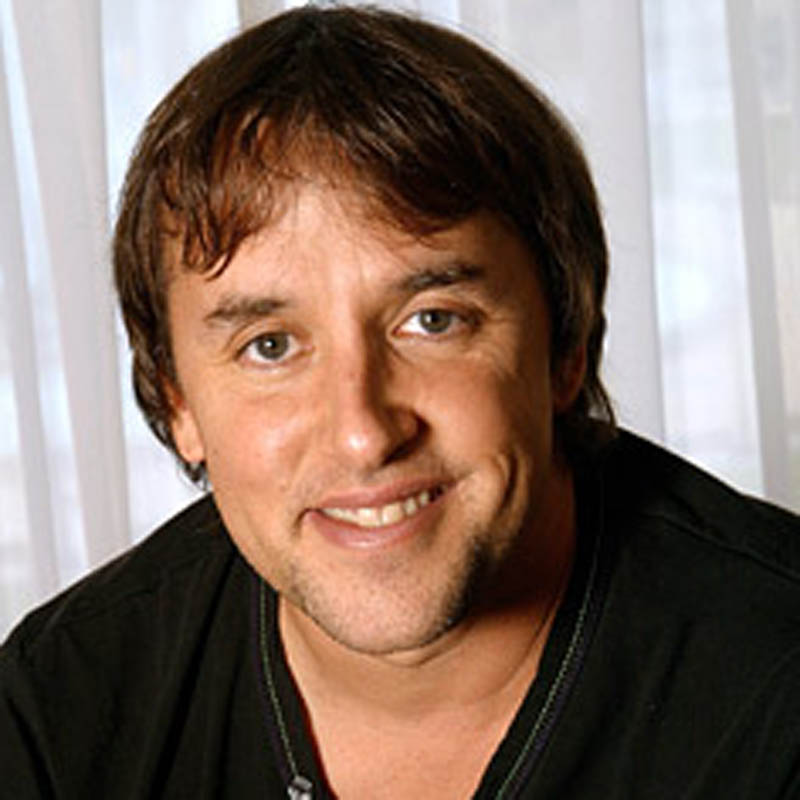
Richard Linklater
Self-taught writer/director Richard Linklater was among the first and most successful talents to emerge during the American independent film renaissance of the 1990s. Typically setting each of his movies during one 24-hour period, Linklater's work explored what he dubbed "the youth rebellion continuum," focusing in fine detail on generational rites and mores with rare compassion and understanding while definitively capturing the twenty-something culture of his era through a series of nuanced, illuminating ensemble pieces which introduced any number of talented young actors into the Hollywood firmament.
Born in Houston, TX, in 1960, Linklater suspended his educational career at Sam Houston State University to work on an offshore oil rig in the Gulf of Mexico. He subsequently relocated to the state's capital of Austin, where he founded a film society and began work on his debut short film, 1987's It's Impossible to Learn to Plow by Reading Books. Three years later he released the sprawling Slacker, an insightful, virtually plotless look at '90s youth culture that became a favorite on the festival circuit prior to earning vast acclaim at {~Sundance} in 1991.
Landing with Universal, Linklater next filmed 1993's Dazed and Confused, which went on to become a critical success as well as a cult favorite. Switching gears, the director traveled to Vienna, Austria, to film 1995's Before Sunrise, a sweet romantic comedy which bypassed the impressionistic textures of his previous work to place a new focus on character development. After making a brief voice-over appearance in the animated hit Beavis and Butt-Head Do America, Linklater next directed 1997's SubUrbia, an adaptation of Eric Bogosian's play of the same name.
Linklater's first foray into major-studio filmmaking, The Newton Boys, followed a year later. Following this film, Linklater struck out on his own with two micro-budgeted projects, shot on-the-quick in digital video. The first of these was the most ambitious: Waking Life followed a philosophical, non-narrative structure similar to Slacker, but with all of its characters and conversations enhanced in post-production using an innovative, "rotoscoped" computer animation technique. The other film, Tape, was a spur-of-the-moment project.
In 2003, Linklater took on Mike White's script for School of Rock. He followed up that success with Before Sunset, a sequel to Before Sunrise that reunited Ethan Hawke and Julie Delpy. The film, full of motifs that have carried through all of Linklater's best work, earned him a flurry of critical praise and an Oscar nomination for screenwriting.
He followed Before Sunset with a remake of Michael Ritchie's The Bad News Bears. In 2006 Linklater had two films at the Cannes Film Festival. His fictional adaptation of Eric Schlosser's non-fiction book Fast Food Nation competed in the main competition, while his rotoscoped adaptation of Philip K. Dick's A Scanner Darkly screened in the directors fortnight. Both films were released later that year in the United Sates.
In addition to filmmaking, Linklater also serves as the Artistic Director for the Austin Film Society, which he founded in 1985 to showcase films from around the world that were not typically shown in Austin. The Austin Film Society has given out over $800,000 in grants to Texas filmmakers and in 1999, received the first National Honoree Award from the Directors Guild of America in recognition of its support of the arts.